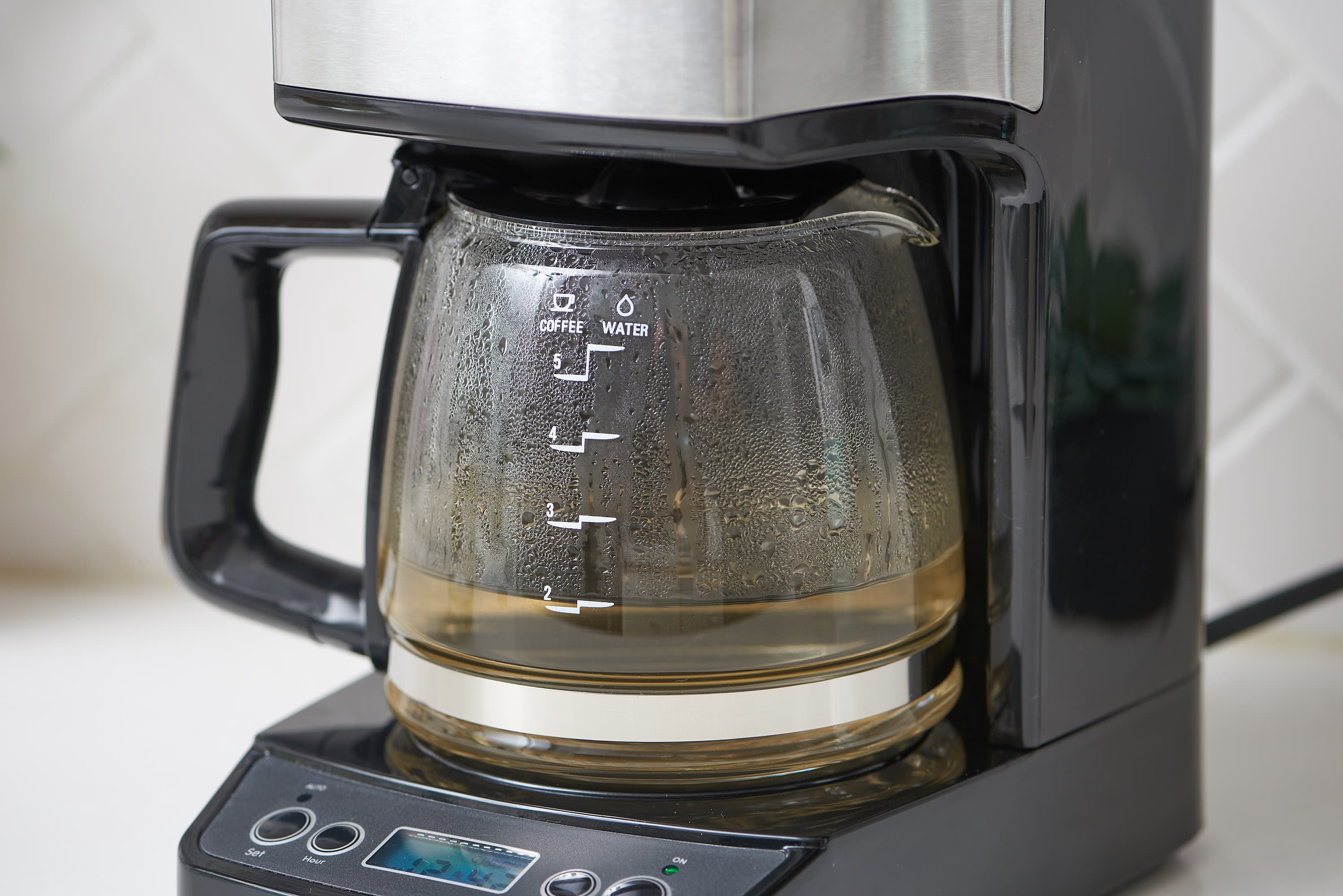
Too little mineral content soft water and the water will not be able to extract. Click to see full answer.

Too little mineral content soft water and the water will not be able to extract.
Soft water in coffee maker. It is essential to use only soft water that is good for any coffee machine. Water softening is probably the most important step to follow in using the coffee makers. Too much concentration of calcium or magnesium will inevitably harm the devices which will lead to costly repairs.
Click to see full answer. A number lesser than this makes it too soft which will not make good coffee. Therefore you should avoid using overly softened water to make your cup of coffee.
When using an espresso machine consider using softened water to avoid damaging your machine or otherwise make frequent cleaning as per the guidelines by the manufacturer. It is essential to use only soft water that is good for any coffee machine. Water softening is probably the most important step to follow in using the coffee makers.
Too much concentration of calcium or magnesium will inevitably harm the devices which will lead to costly repairs. Hard water can be rich in minerals like calcium and magnesium. On the other hand soft water tends to be rich in sodium used by water softeners to remove impurities.
To find out how coffees flavor is shaped by different kinds of water a study was conducted by Christopher Hendon a chemist from the University of Bath. The major consideration concerning water for coffee brewing is softness. The Specialty Coffee Associations water standards give an ideal target as water with the following characteristics.
No odour or colour. A pH of 70. Alkalinity of 40 ppm.
And calcium hardness of 50-175 ppm CaCO3. Unless youre interested in researching water chemistry all you need to know is that the ideal. The ideal water for coffee is soft water which contains less minerals rather than mineral rich hard water.
The soft water with less soluble substance dissolved in is more capable to dissolve coffee nutrients. The hard water which already dissolved minerals within is. Brewing with straight reverse osmosis water will produce a flat cup of coffee not unlike the coffee made with soft water.
Reverse osmosis water is missing all those magnesium and calcium minerals that enhance coffee flavor. There are however blending reverse osmosis systems that will mix back in mineral rich water. I do believe the single cup coffee makers do have a problem with soft water mainly because there are too many companies telling people to stay away from soft water in their single cup makers.
Reply Coffee Kevin on March 8 2018 at 1116 am. Softening uses ion exchange technology to take out calcium and magnesium ions and introduce sodium ions into treated water. Therefore softened water causes a flat taste for brewed coffee.
Softened water will protect the equipment without scale out. A water softener itself will not remove chlorine andor chloramine from water. Keurig - Lets blame water that has ben softened.
- Lets blame water that has ben softened. Poster increased review rating. I purchased a Keurig about 8 months ago 20 model for 12900.
Starting in the fourth month we started to see an increased amount of time for the water to heat - sometimes going on 3 minutes between cups. Choosing The Best Bottled Water For Making Coffee Hard water and soft water. However the terms hard and soft are not quality judgments.
They refer to the mineral. DIY water for coffee brewing. One approach to achieving balanced water that produces the best coffee and espresso is.
For machines that draw water from a silicone inlet hose like the Bezzera BZ07 BZ09 BZ10 BZ13 Crema Expobar Pulser Brewtus with Vibration pump Leva EB61 etc. This little cartridge can be attached to the inlet hose directly you dont need to do any modification but you should remove the dirt filter before attaching the softener. Water hardness is a measure of the amount of magnesium and calcium that dissolves in water.
Water that is rich in these two minerals especially magnesium is not great for making the most of coffee flavorings. Replacing these minerals with sodium ie. Creating soft water results in coffee that is flat in comparison.
Poor extraction and unusually long draw down times. Softened water is terrible for coffee. Its also dependent on the type and concentration of salt mineral- too much mineral content hard water and your brew water will already be too saturated to extract enough of the soluble part of the coffee.
Too little mineral content soft water and the water will not be able to extract. In a soft water area you descale 2 times a year. The 6 to 8 weeks recommendation translates to more between 65 and 87 times each year.
This means that you need to descale a coffee maker in a hard water area roughly 3 to 4 times as often as in a soft water area. Now the AmazonBasics coffee maker costs around 20. Water the biggest ingredient in coffee by weight can make or break the flavor of a freshly brewed cup according to.
Tap water brings out better flavor in coffee though there are trade-offs between hard and soft water. Some beans are better suited to being brewed in hard or soft water. Well the truth is no coffee makers designed to work better for hard water than with soft water thats not the function of the coffee machine.
The best solution is to get a coffee machine with a built-in water filter and then descale it more regularly. In the United States states in the Midwest generally have the hardest water whereas the states along the East Coast northern California and the Pacific Northwest have the softest water. In the world of coffee theres actually a fair amount of debate raging over whether or.